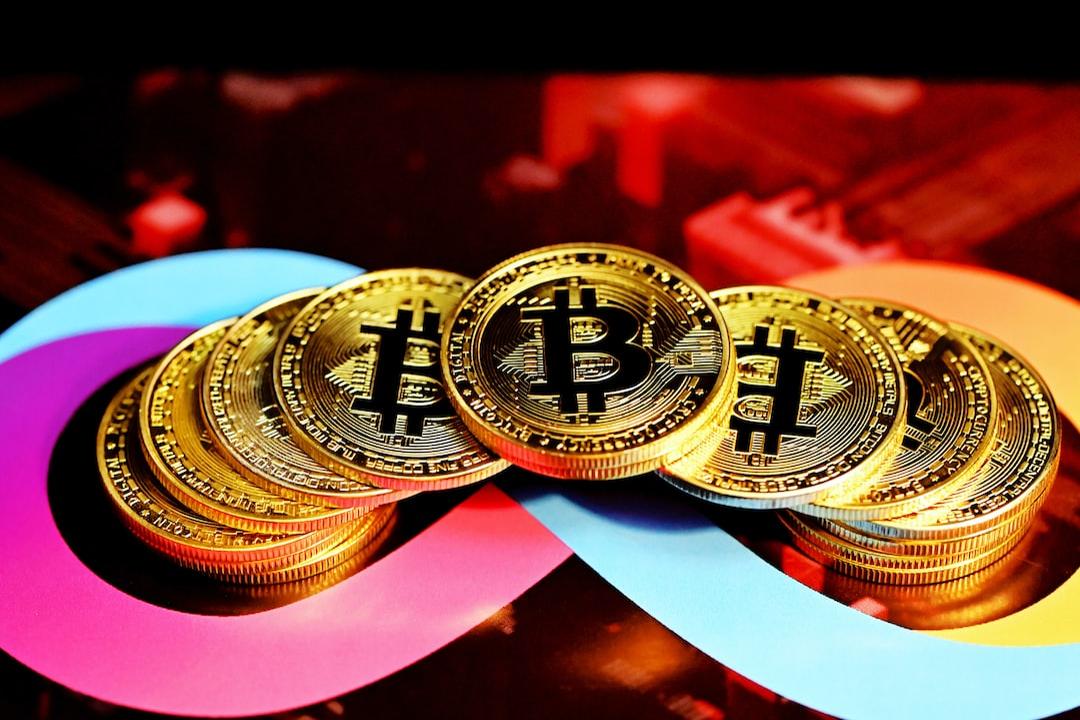Layer-2 protocols scaling the Ethereum blockchain are about to receive a significant reduction in rollup costs with the upcoming Dencun hard fork. However, end-users may not immediately experience the full benefits.
According to Polygon Labs VP of Product David Silverman, it will take a few weeks for rollup protocols to fully implement Ethereum’s latest hard fork, which includes several improvement proposals (EIPS).
The Dencun hard fork incorporates a total of nine different EIPs and combines the Cancun upgrade of Ethereum’s execution layer with the Deneb upgrade on the consensus layer.
One of the major focuses of the hard fork is EIP-4844, which changes how Ethereum rollups store data on the mainnet. Currently, Ethereum nodes must store all state data indefinitely, including images for NFTs and transaction data for rollups. EIP-4844 introduces a new way for rollups to add cheaper data to blocks by utilizing the blob space, which allows for temporary storage of data that is not accessible to the Ethereum Virtual Machine and is automatically deleted after a fixed period of time.
Silverman explains that proto-danksharding, named after the researchers who proposed EIP-4844, will significantly reduce the cost of rollup data storage. It is estimated that rollup costs could be reduced by 10 to 50 times. However, the true impact of these cost reductions will only be seen once the Dencun hard fork is implemented on the mainnet.
The implementation of EIP-4844 will require rollups to update their own systems to take advantage of the new storage space. Polygon Labs and other layer-2 developers are working diligently to expedite their implementation process.
The Dencun hard fork represents Ethereum’s shift towards a layer-2-centric scaling approach. It signifies that rollups are where the future of scaling lies, and Ethereum’s core components will be “slowed down and ossified” while leaving innovation and user-level focus to layer 2 solutions.
Roll Call, a coordination platform for major rollup players, has been formed to discuss and propose improvements for layer 2 solutions. These changes will only be implemented on layer 2 and will not affect the mainnet Ethereum.
While the immediate impact of Dencun on rollup costs may not be significant, Silverman expects there to be excitement in the ecosystem once the hard fork is finalized. As more layer-2 solutions join the blob space, the impact of cost reduction will gradually diminish.
In conclusion, the Dencun hard fork is set to bring about significant cost reductions for rollup protocols on the Ethereum blockchain. However, the full benefits may not be immediately realized, and it will take time for rollups to implement the necessary updates to take advantage of the new storage space.

